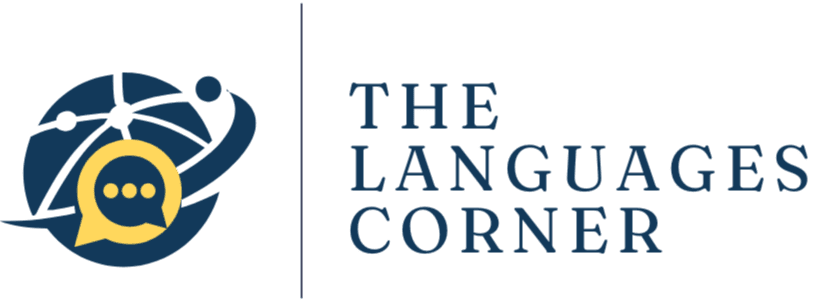Immerse yourself in the beauty of the Italian language with our Online Italian Classes, tailored to your goals and lifestyle. Whether you're preparing to travel, move to Italy, or explore its rich culture, our native instructors provide personalized lessons designed to help you master Italian with confidence. With a focus on real-world scenarios, practical skills, and cultural insights, we make learning engaging and effective. Learn more about our story and mission!
Ready to master Italian but unsure where to start? Designed for busy professionals, families, and anyone balancing life’s commitments, our flexible online classes fit seamlessly into your schedule. Learn from home, work, or on the go with native teachers who focus on practical skills, cultural insights, and real-world applications to ensure immediate results. From beginner to advanced levels, our customized classes cater to your unique needs and goals. Whether you want to prepare for travel, enhance conversational skills, or embrace Italian culture, our programs are designed to help you succeed. Book today!
Our Popular Classes

Italian Courses for Travelers
Master essential phrases and cultural tips with personalized lessons designed to help you navigate Italy confidently and effortlessly.

Beginner Lessons Online
Start speaking Italian from day one with interactive, beginner-friendly lessons tailored to your pace, goals, and lifestyle.

Best Way to Learn Italian on Your Own
Flexible, self-paced Italian lessons with personalized support and expert feedback for independent learners.
Happy Students
Google Reviews
Josefin Lutschan
K K
